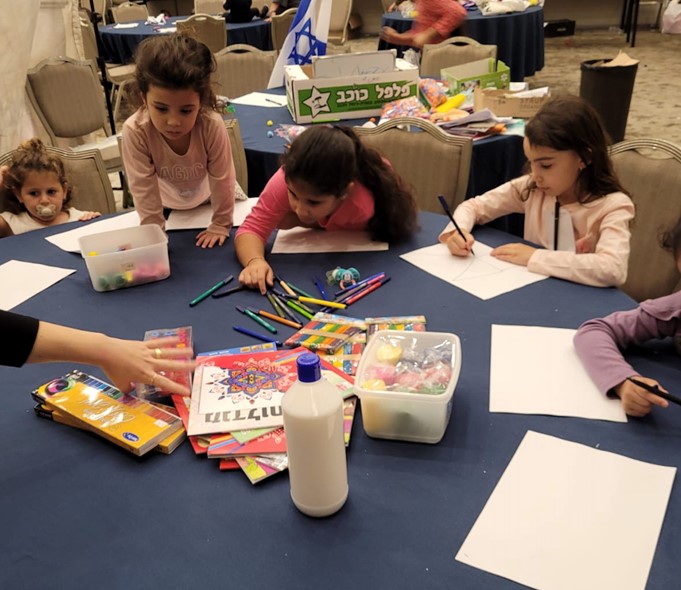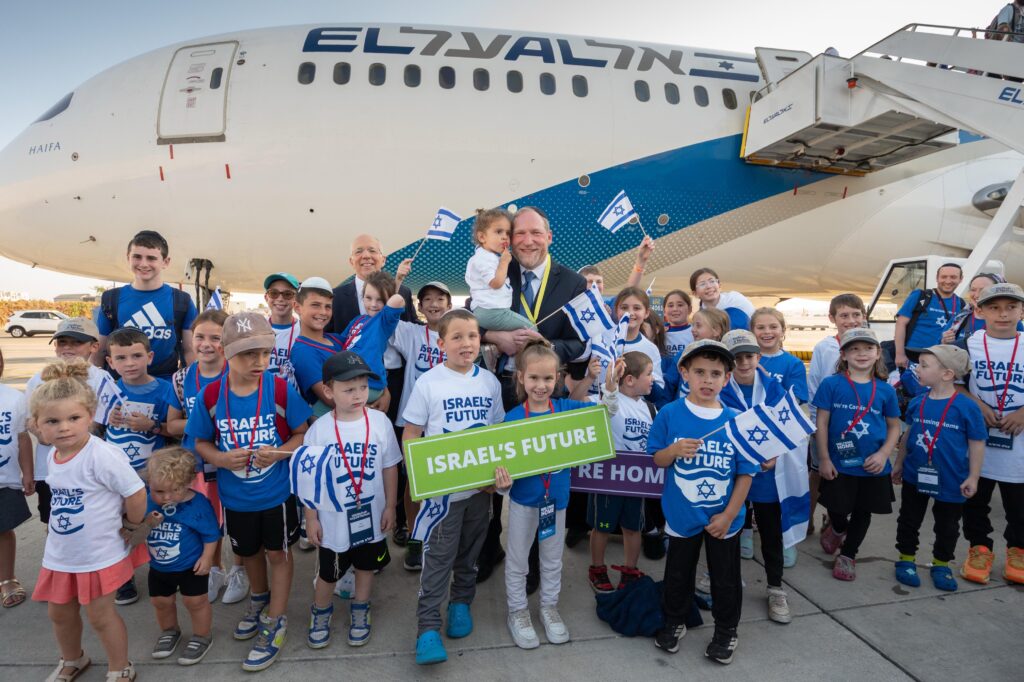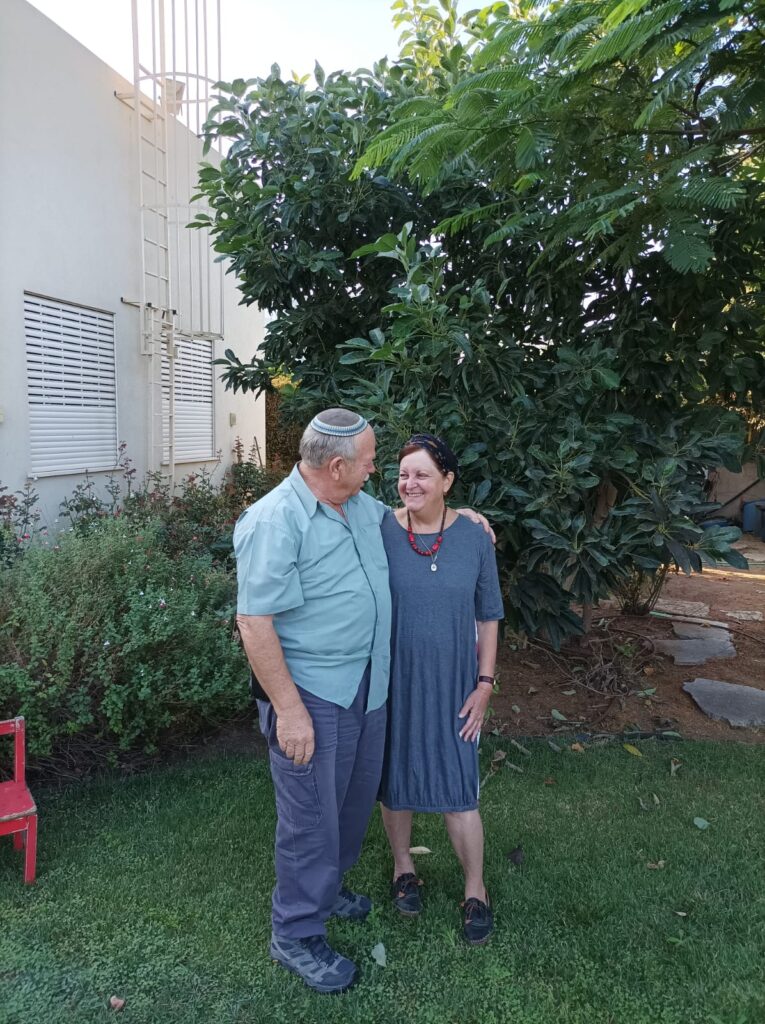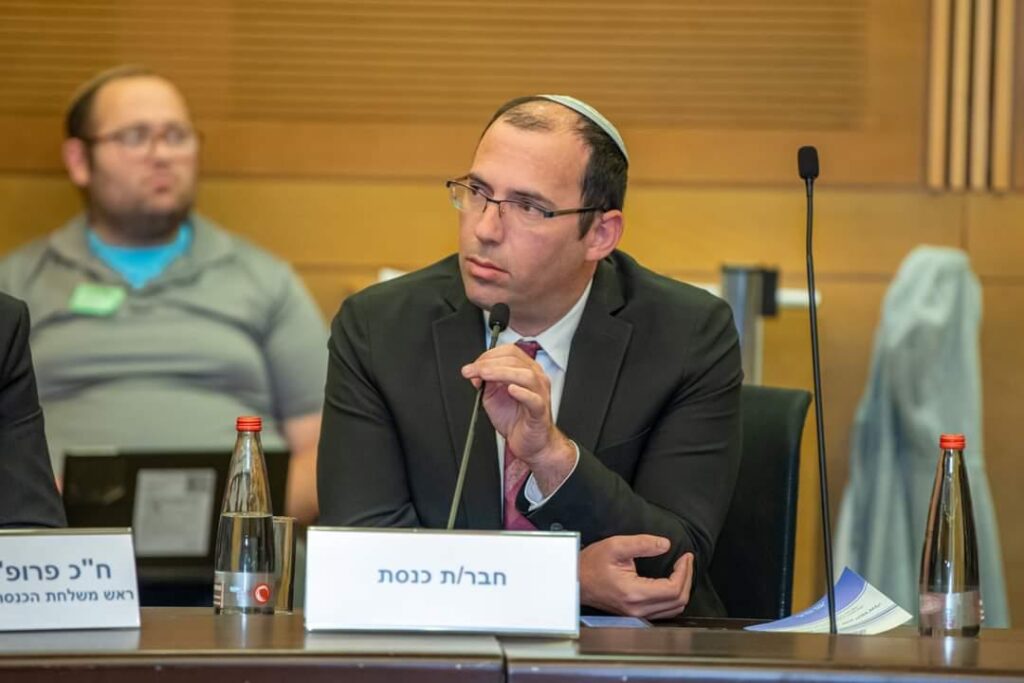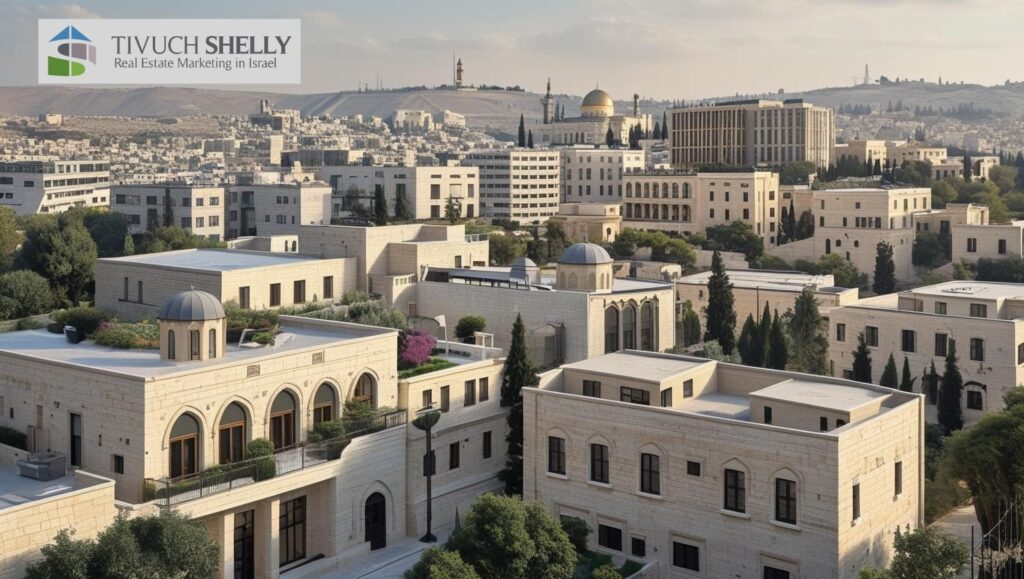The Lasting Scars of War: More Stories of Resilience and Chesed Through the Eyes of Israel’s Volunteer Gabbai Tzedakah Network
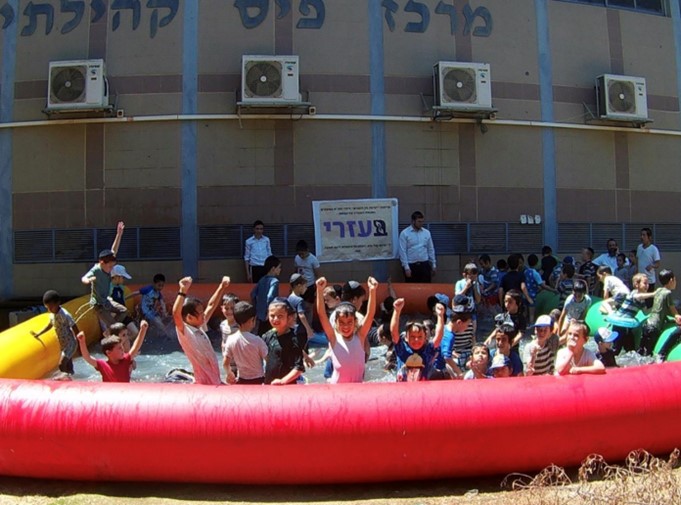
Part II
Last week we focused on the quiet heartbreak and unwavering resilience of Israeli families still reeling from October 7th. Through the perspective of the gabbai tzedakah, Israel’s network of community leaders, we saw how acts of chesed, both practical and spiritual, are sustaining lives and lifting spirits in the shadow of war and its devastating effects.
Debra K. has spent months helping families across Gush Etzion navigate the ongoing challenges of war. A mother of two IDF soldiers herself, she has seen firsthand how difficult it is for those with a loved one serving on the front lines. Through her work, she realized something striking, that sometimes people don’t realize what help they need until it comes knocking at their door.
“American Friends of Yad Eliezer/B’ezri has been checking in on us throughout the war to keep on top of the situation of the families in our community. A few months ago, they reached out again and asked if there was anyone injured in my neighborhood who needed help. Actually, I have a neighbor a few doors down whose son Moshe*, a 30-year-old father of three little kids, was seriously hurt in Gaza.
“At first, I didn’t think he needed anything. He had recently started his career as a lawyer, so I was sure his firm was covering his absence, I didn’t think there would be any need for help. But it turns out that Moshe’s injury was severe. His wife can’t work because of the situation at home. She had just started a job herself, but wasn’t there long enough to get pitzuim (severance), and there was simply no income. The couple had substantial childcare costs for all the hours Moshe’s wife had to spend with him in the hospital and that continues even now during his rehab. The family was being drained; they couldn’t pay their mortgage. They needed urgent adaptations for the house. There was no money for bills and they were embarrassed. They didn’t want to go to other people for help and they were really stuck. People think: ‘Oh, he’s got his money from the army,’ and they do pay a salary when you’re injured, but it’s not the same. It’s just not enough.”
Moshe’s family is the perfect example of a family that was once stable but now is in desperate need of help. While it may have seemed that they were functioning and normal, in truth, the mother was drowning in debt. AFYE/B’ezri provided them with support to keep them from going under. B’Chasdei Hashem they received the extra help they desperately needed.
“There are so many families that are quietly struggling—people who don’t necessarily reach out or ask for help. But that doesn’t necessarily mean they don’t need it,” Debra explains.
Debra has come to appreciate how essential it is to have an infrastructure in place that anticipates these needs. “Sometimes you don’t even realize what kind of support you need until you’re in the middle of it. And you certainly don’t know who to turn to. But AFYE/B’ezri is always there, figuring it out before people even think to ask.”
In times of crisis, when the ripple effects of war reach deep into every corner of Israeli society, that kind of readiness can make all the difference.
The psychological toll of the war has been staggering. In cities like Ofakim—one of the hardest-hit areas on October 7—mental health professionals are overwhelmed by the demand for therapy.
“We used to get requests for school supplies, dental treatments, help with weddings,” said Asher Zaritsky, a gabbai tzedakah in Ofakim who assists families all across the South. “Now, almost all the requests are for mental health support—for children and adults. No one has escaped this.”
Experts estimate that 3 million Israelis are experiencing symptoms of PTSD, anxiety, and depression. Some children show severe trauma responses: bedwetting, speech regression, and night terrors. Many parents, consumed by the stress of October 7, have had to start medication to cope.
Asher shares the story of a community member who was involved in the aftermath of the towns hit hardest on October 7th. When he returned to his role as a fifth-grade teacher, he shut the classroom door and ran out. He shared with Asher, “I couldn’t do it. I couldn’t enter the classroom. Instead of seeing my students, I saw dead bodies.” Now, on top of the psychological trauma, he faces the added burden of losing his job.
Beyond the difficult mental health challenges, war trauma affects other social aspects of daily life. “How many marriages have suffered because of this? How many children have fallen behind in their studies because of this? No one can understand what a child goes through after having to hide at home for days because there are terrorists in the streets. It takes years and years to heal from this. If someone is under the impression that the war’s challenges are calming down, they simply don’t live on this planet.”
Beyond the thousands of injured IDF soldiers like Moshe, whose families face new realities, countless others remain in active service, risking their lives while their spouses struggle to keep their home running. Displaced families still grapple with uncertainty, and hostage families continue their tireless advocacy, often at the cost of their livelihoods. Many small business owners affected by the war face collapse. The rising cost of groceries, utilities, mortgages, and taxes have made staying afloat harder than ever. And all of this is shadowed by the sorrow that has touched so many lives in deeply personal, heartbreaking ways.
These families need more than material help: they need emotional and psychological healing. The war has left many unsure of how to move forward. That’s why organizations like AFYE/B’ezri and the generosity of their donors is vital. Life may look “back to normal” from the outside, but the stream of requests shows that thousands are still struggling—and the challenges are only growing.
Gabbai tzedakah can’t eliminate poverty entirely, but with the help of trusted organizations, they can break its grip, providing relief for families by using carefully allocated donor funds from all over the world.
Debra recalls, “The love we feel from people abroad, people who aren’t here and are not facing what we’re facing—we feel that love so strongly. We feel that we’re one nation and everyone finds their tafkid (role), contributing in any way they can. When people ask me what they can do, I say: ‘You can write a letter, call, even sending a text shows support. Of course, you can also give, you can donate.’ People don’t realize the smallest of gestures can be so powerful.” n





